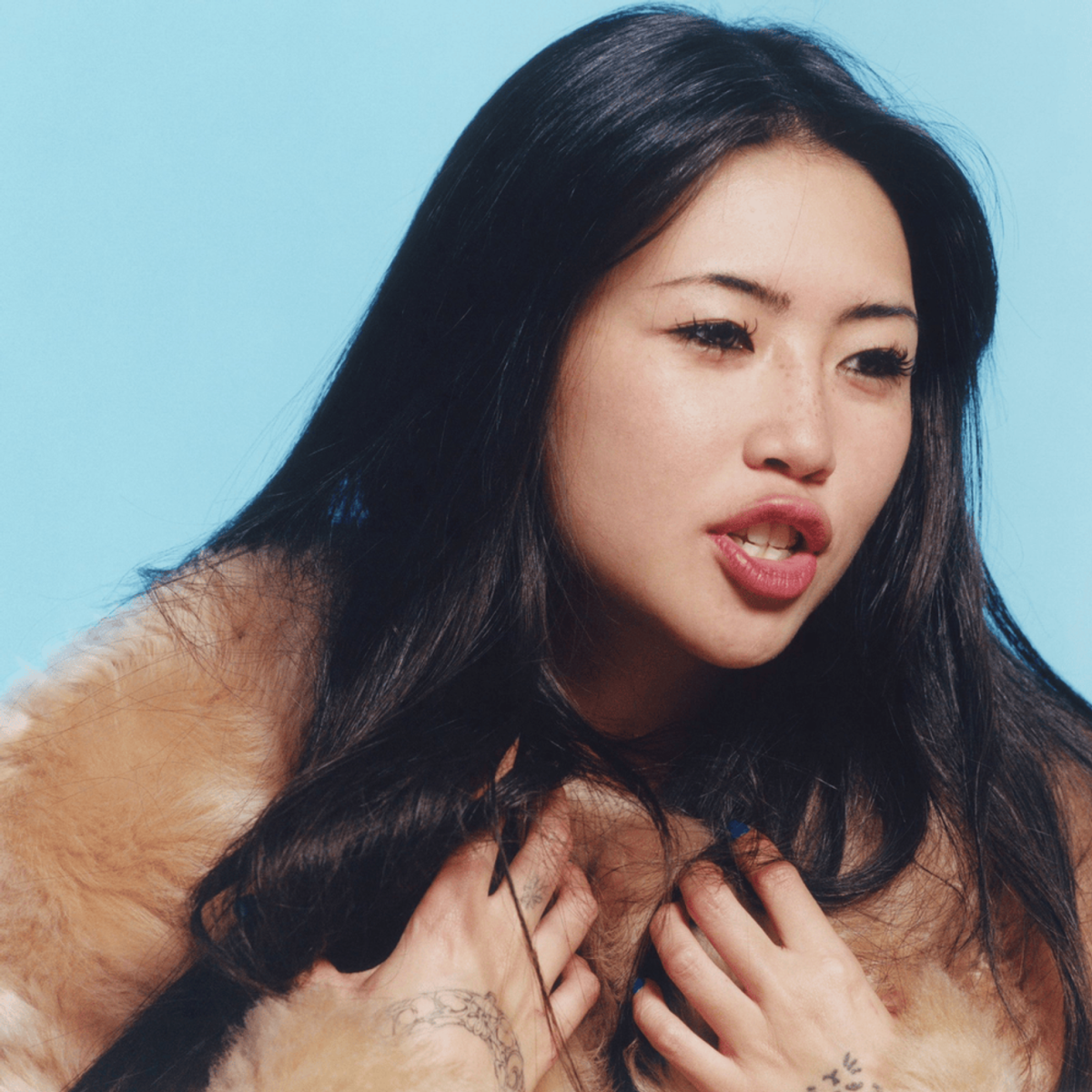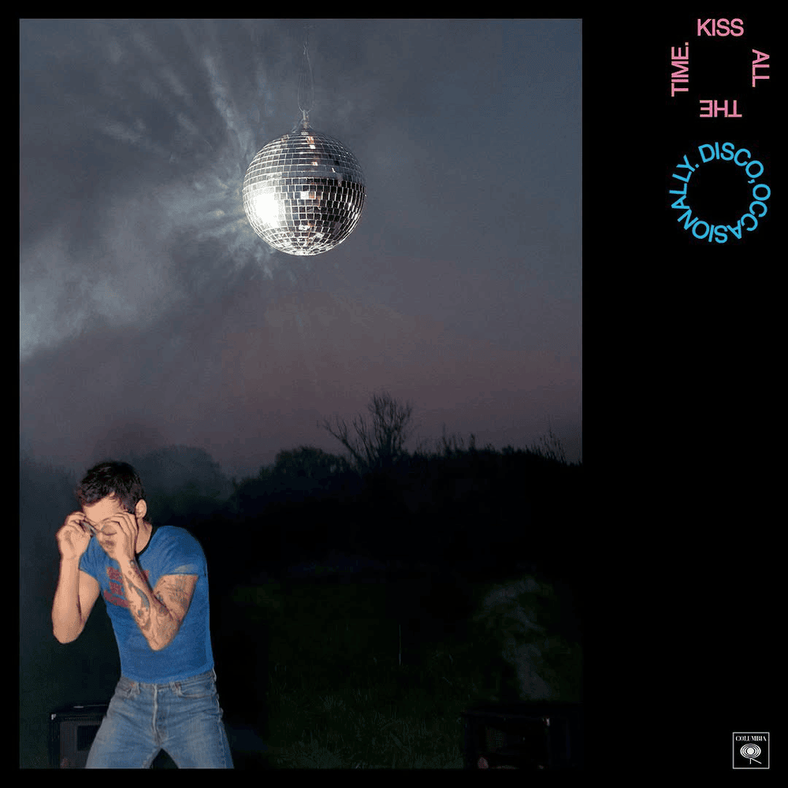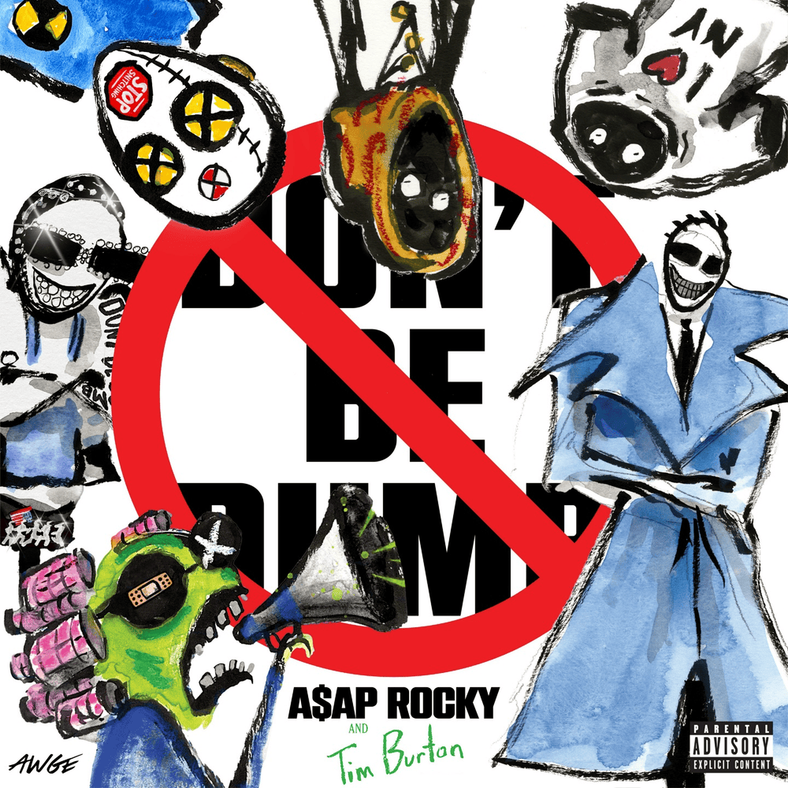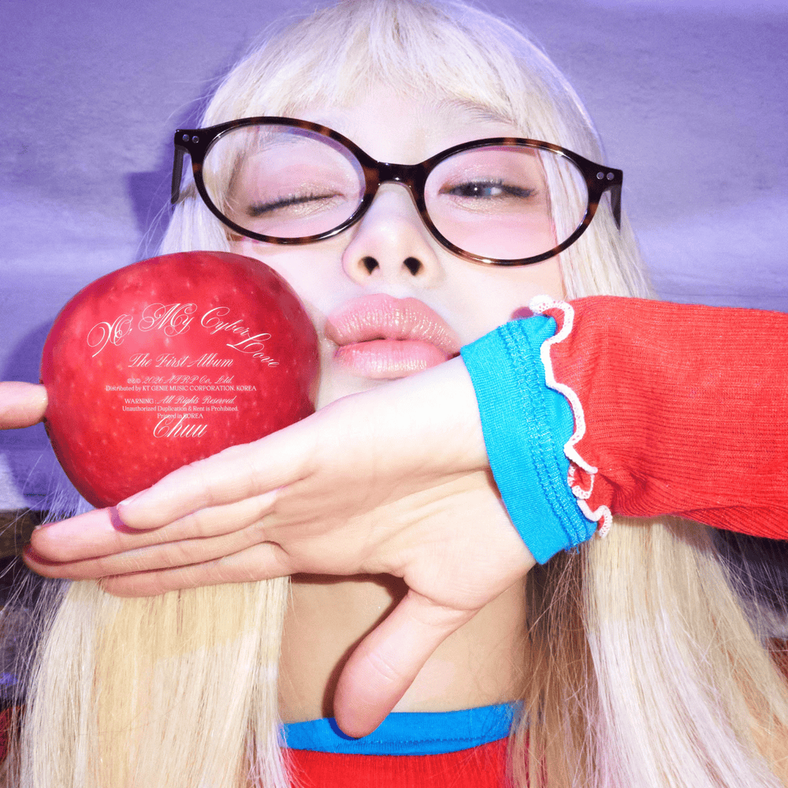Rating: 9.2/10
Beabadoobee’s name might be a mouthful, but this 24-year-old alternative artist made sure we’re never forgetting it after releasing her third studio album, “This is How Tomorrow Moves.” The record has pop beats reminiscent of her earlier work, but rock-influenced rhythms with darker lyrical undertones make this seem like a new era of self-reflection for the former Era’s Tour opener.
The singer, whose real name is Beatrice Laus, hit the pop music scene in 2017 with her debut single “Coffee” which took TikTok by storm. Since then, Laus has released two studio albums, “Fake It Flowers” (2020) and “Beatopia” (2022), both of which feature her signature whisper-like singing voice.
Despite her soft vocals also being ever present on her newly released album, Laus has obviously begun an era of experimentation in her music career. In addition to the whimsy-pop style of her most popular tracks, like “Glue Song,” this album simultaneously features elements of jazz and rock, making the songs sound more passionate and raw.
The opening track, “Take A Bite,” was similar in instrumentation and, coincidentally, named like Olivia Rodrigo’s “vampire.” The jazzy instrumentation is a testament to Laus’ experimentation in this new era of music, and the realization of her own flaws in romantic relationships.
Get The Daily Illini in your inbox!
“I thought that it encapsulated the idea of the record, where I’m finally accepting my own faults in things, and realizing that maybe I’m the problem sometimes,” Laus said in an interview on the album with Stereogum.
The theme of acceptance is evident in track 2, entitled “California.” Despite the first track being more of a thought-provoking testament to growth, this song’s strong bass and foot-tapping beat make us wonder what Laus lost to provoke such a feeling of longing.
A listener’s question is shortly answered with the lighthearted runs of a love song with the passionate lyrics of heartbreak featured in track three, “One Time.” This song is the epitome of a tragic love affair, with Laus getting vocal about numbing the pain and relaying her struggles of finding validity. The bridge with guitar riffs lacks coordination, which could be a bold choice by Laus to passionately express her feelings of worthlessness at the time of writing.
That passion adds a needed depth to Laus’s previous discography. More specifically, track four, “Real Man,” juxtaposes a soft voice with a harder, jazzier beat and accusatory lyrics. The chorus has a spookier, almost ominous feel, with Beabadoobee’s frustration with a former fling being more than apparent.
“No one taught you how to be a real man,” Laus sings. Ouch.
On the topic of former discography, “Girl Song” and “Everything I Want” take the listener back to the dreamlike rhythms of classic Beabadoobee tracks like “Glue Song.” However, instead of sharing the falling-in-love style lyricism, they have an aura of yearning and longing.
“Like the sun, you’ll come around,” Laus sings on “Everything I Want.”
Even though, at first listen, these tracks may sound like something that would be featured on a twee-era soundtrack for the show “New Girl,” Laus is showing an ability to blend her higher-pitched vocals with a raw showing of vulnerability and acceptance of imperfection.
However, the standout track on this album is “Ever Seen.” The song features both brassy tones and elements of synth — a testament to Laus’ experimentation with rhythm and instruments in year seven of her musical journey. Mixed with lyrics about admiration and reluctance to fall again, Beabadoobee mixes emotions effortlessly into an alternative genre that she describes as a drug-fueled haze.
“‘Ever Seen’ was meant to be a country song, but then it soon became apparent that because the song was basically about drugs and about falling in love, it had to feel like you were kind of tripping on shrooms,” Laus said to Stereogum.
Overall, Beabadoobee’s “This is How Tomorrow Moves” pushed traditional pop boundaries to result in a standout showing from the alternative artist. Resonating with those who have ever questioned their ability to love others and themselves, Laus effortlessly conveyed a story of resilience, heartbreak and self-doubt through a blending of jazz and alternative pop.







